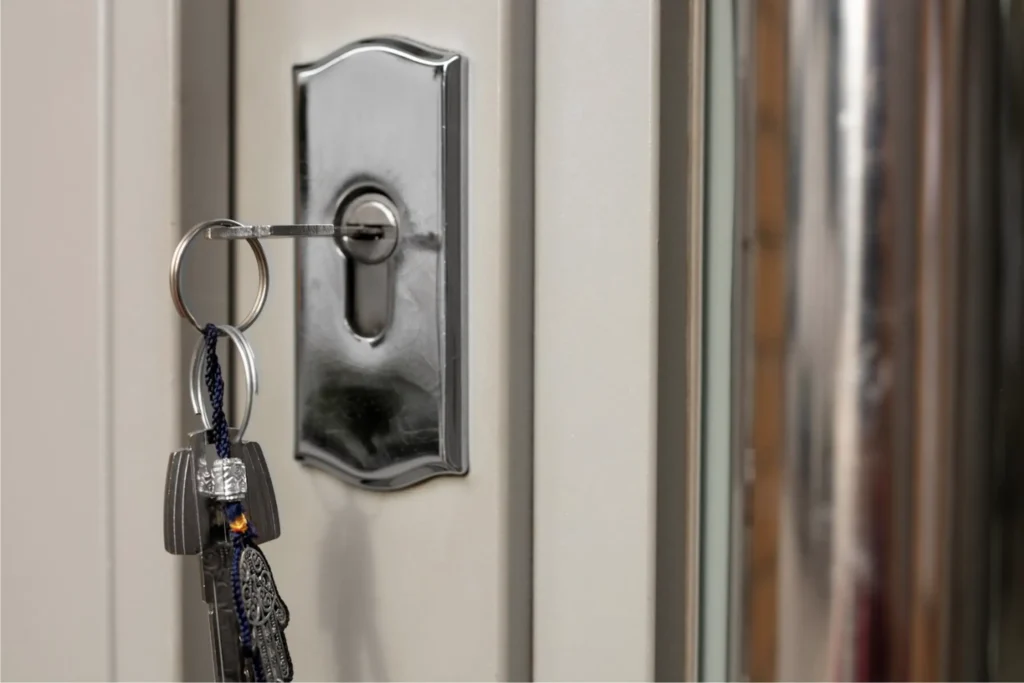
If you own a home in North Carolina, you might assume your equity is fully protected under state law. But in reality, North Carolina’s homestead exemption only shields a limited portion of your home equity. If your equity exceeds that limit, your home could be exposed in the event of a lawsuit, financial hardship, or bankruptcy.
The real takeaway? Excess equity is exposed equity — and you need a plan to protect it.
Understanding the North Carolina Homestead Exemption
Under North Carolina General Statute § 1C-1601(a)(1), the homestead exemption allows you to protect $35,000 of the equity in your primary residence.
You may qualify for a homestead exemption amount of $60,000 under certain conditions.
The homestead amount applies to each homeowner and is therefore double if jointly owned by a married couple.
This exemption applies to real property used as your principal residence — including houses, condos, or manufactured homes. It does not apply to rental properties, vacation homes, or commercial real estate.
You don’t need to file a homestead declaration in North Carolina. The exemption applies automatically when needed in court or bankruptcy proceedings.
When the Homestead Exemption Applies
North Carolina’s homestead exemption protects a limited amount of equity in these situations:
- Bankruptcy proceedings (Chapter 7 or Chapter 13)
- Creditor judgments where the debt is unsecured (e.g., personal loans, credit cards)
However, it does not stop all types of claims. You can still lose your home due to:
- Mortgage or deed of trust foreclosure
- IRS or state tax liens
- Mechanic’s or contractor liens
- Judgments for unpaid alimony or child support
The Real Risk: Equity Above the Limit Is Vulnerable
North Carolina’s exemption may have worked 20 years ago, but in today’s real estate market, many homeowners’ equity is well beyond $35,000.
If your home is fully paid off, or even mostly paid off, you could be sitting on $100,000 or more in exposed equity. And if you’re over the exemption cap, creditors can come for that value during bankruptcy or lawsuits.
Think of it this way: if you don’t have a plan in place, that equity isn’t truly protected.
How to Protect Home Equity Beyond NC’s Homestead Limit
If you have equity above the exemption amount, consider these asset protection strategies:
- Irrevocable Trusts: A properly created qualified personal residence trust can shield it from creditors and reduce your federal estate tax.
- LLCs: Not suitable for primary homes, but often used for rental or investment properties.
- Equity Reduction: Using a home equity line of credit (HELOC) or other methods to reduce net equity. (Of course this is challenging due to lenders’ loan-to-value requirements to provide the loan, which typically exceeds the homestead exemption.)
Each strategy has benefits, risks, and tax consequences. There is no one-size-fits-all solution.
Talk to an Attorney Before You’re Exposed
If your home equity exceeds the homestead exemption your property may be vulnerable.
At Ultimate Asset Protection, we help North Carolina residents create legal strategies to shield their homes beyond what the state exemption allows.
Don’t wait for a lawsuit or bankruptcy to find out your home isn’t protected. Contact us today to start building your defense.


